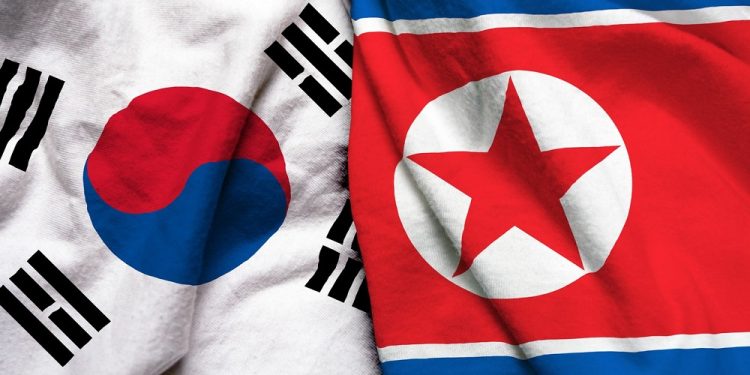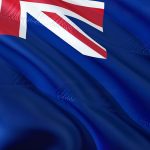
Liberation Day in South Korea & North Korea
National Liberation Day is a holiday observed in both South Korea and North Korea. This holiday falls on August 15th each year and commemorates the victory over Japan during WWII by the Allies, thereby ending 35 years of Japanese colonial rule in Korea. Although both North and South Korea celebrate this holiday separately, each country does celebrate it.
In South Korea, it’s known as Gwangbokjeol (“The Day the Light Returned”), and in North Korea, it’s called Chogukhaebangŭi Nal (“Liberation of the Fatherland Day”). In North Korea, this holiday is observed with military parades and other special events. In South Korea, this holiday is a public one, and many activities are held, including parades, festivals, and concerts.
The History of National Liberation Day in Korea
On August 15, 1945, the U.S. and its allies liberated Korea from over three decades of Japanese colonial rule. The Japanese had colonial rule over Korea from 1910 to 1945. During this time, Japan suppressed the Korean independence movement and developed a number of public works, including roads, railroad lines, and ports. When WWII ended, Japanese rule of Korea ended.
Observing National Liberation Day in Korea
In North Korea, not only is this holiday celebrated with military parades and other displays of military might, but it’s also a day on which many couples in the country hold their weddings. In the North, there are also airshows, fireworks, and official government ceremonies. Television also usually carries programs dedicated to this day.
In South Korea, there’s an official ceremony held by the President of the Republic at either the Sejong Center or at the Independence Hall of Korea. The national flag of South Korea is also usually prominently displayed on buildings across the country. At official ceremonies, there is usually the playing of the official Gwangbokjeol Song.








